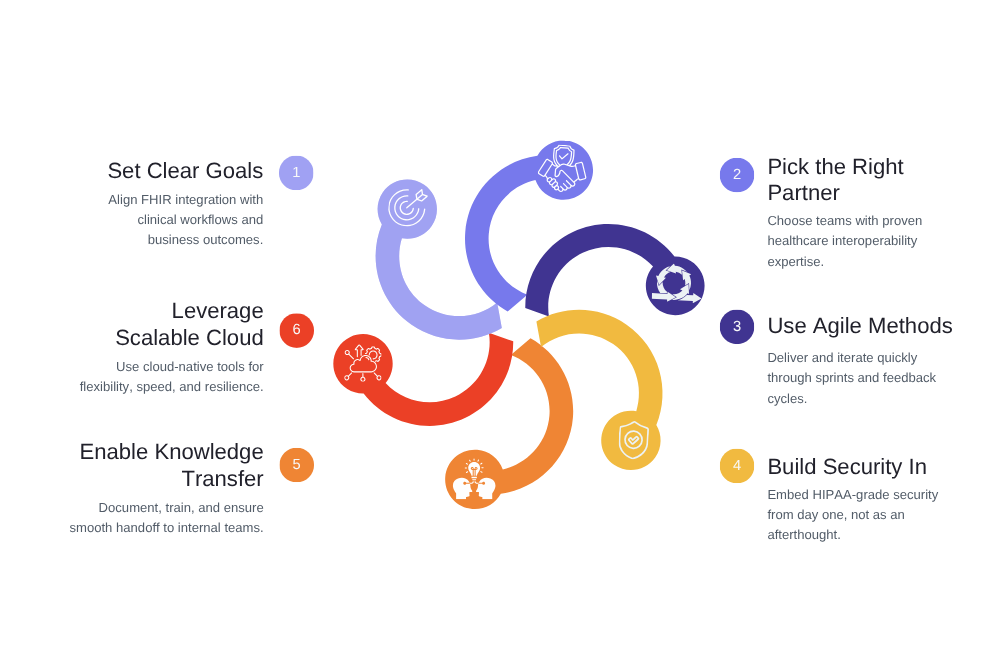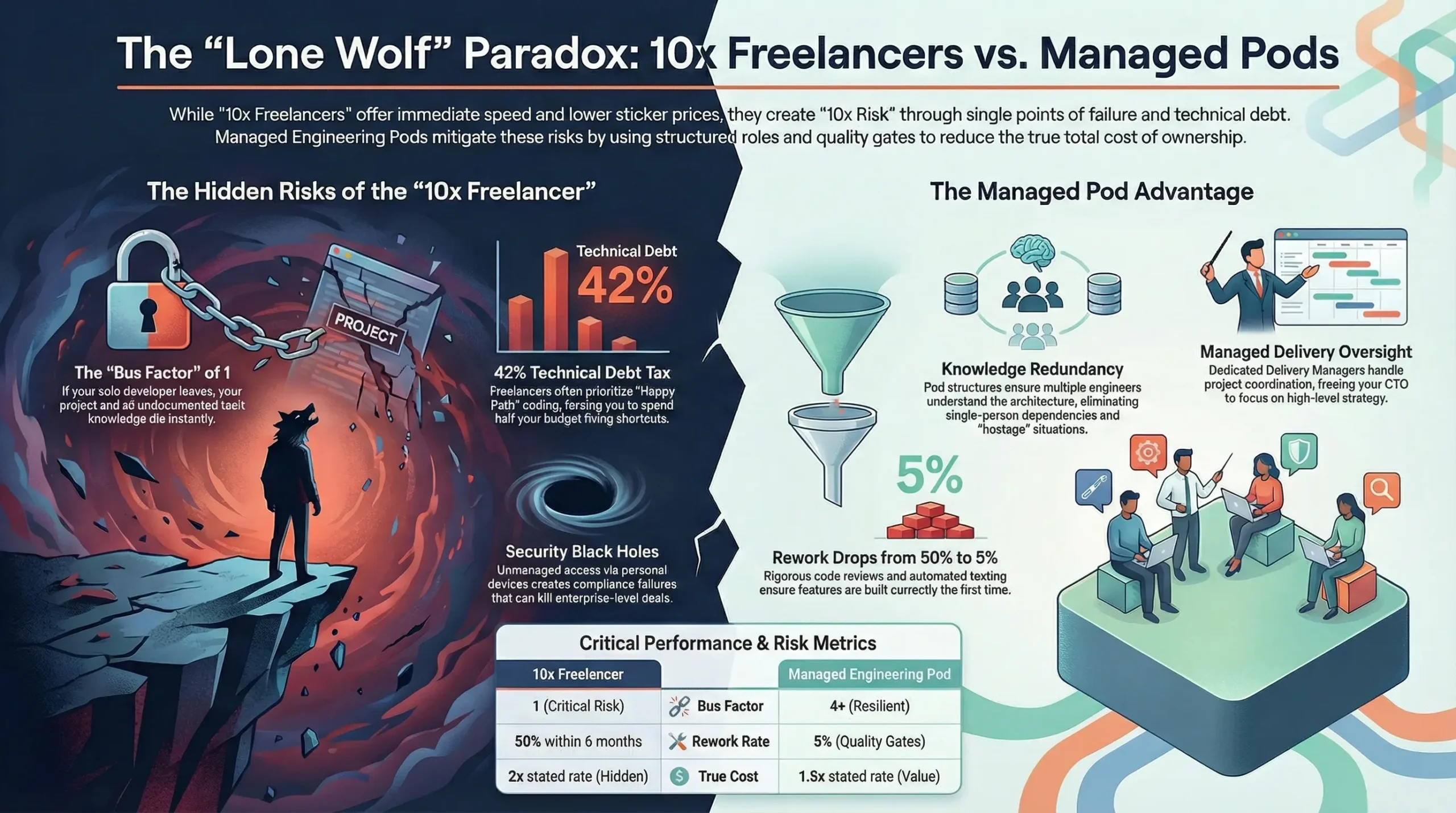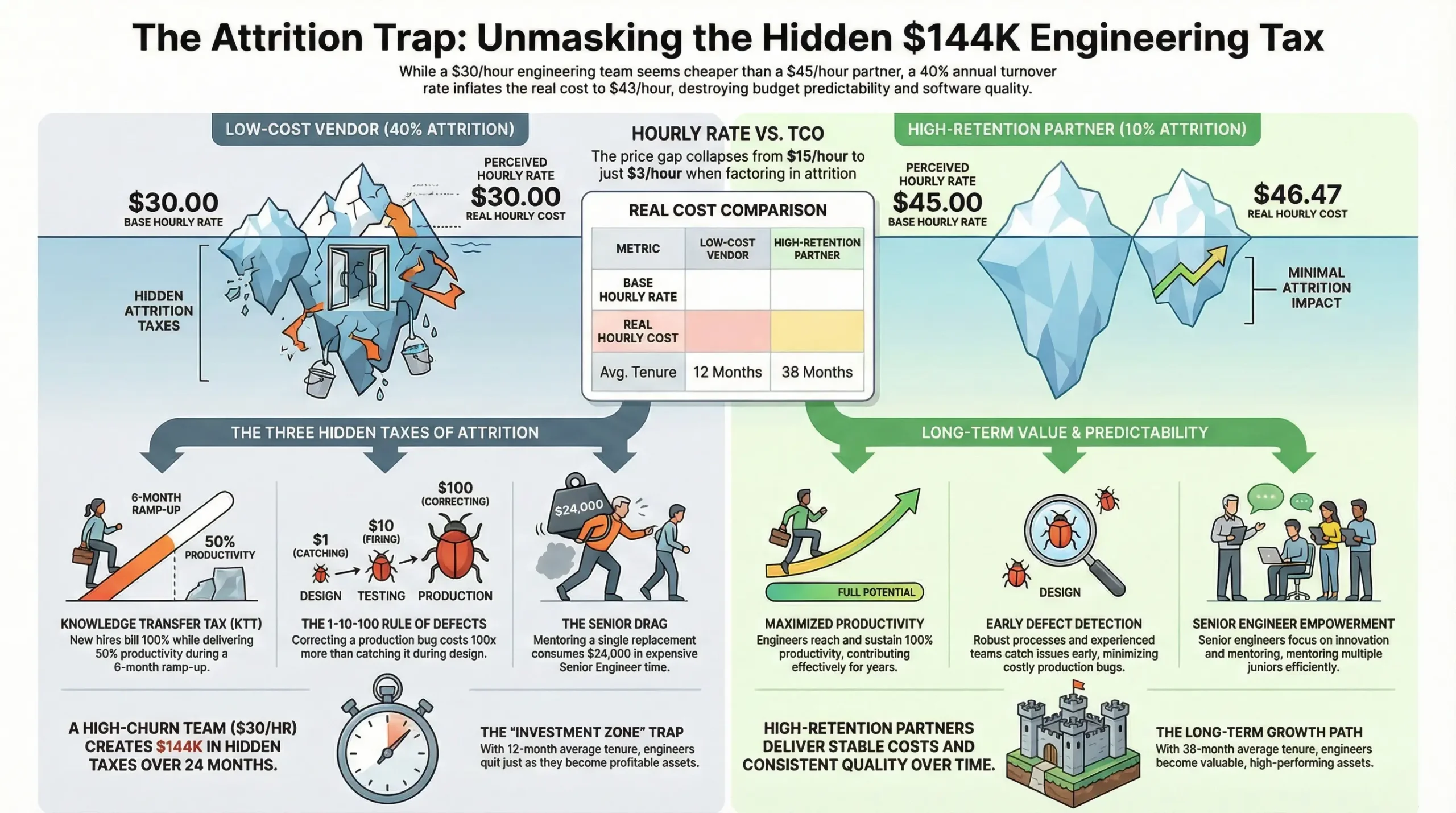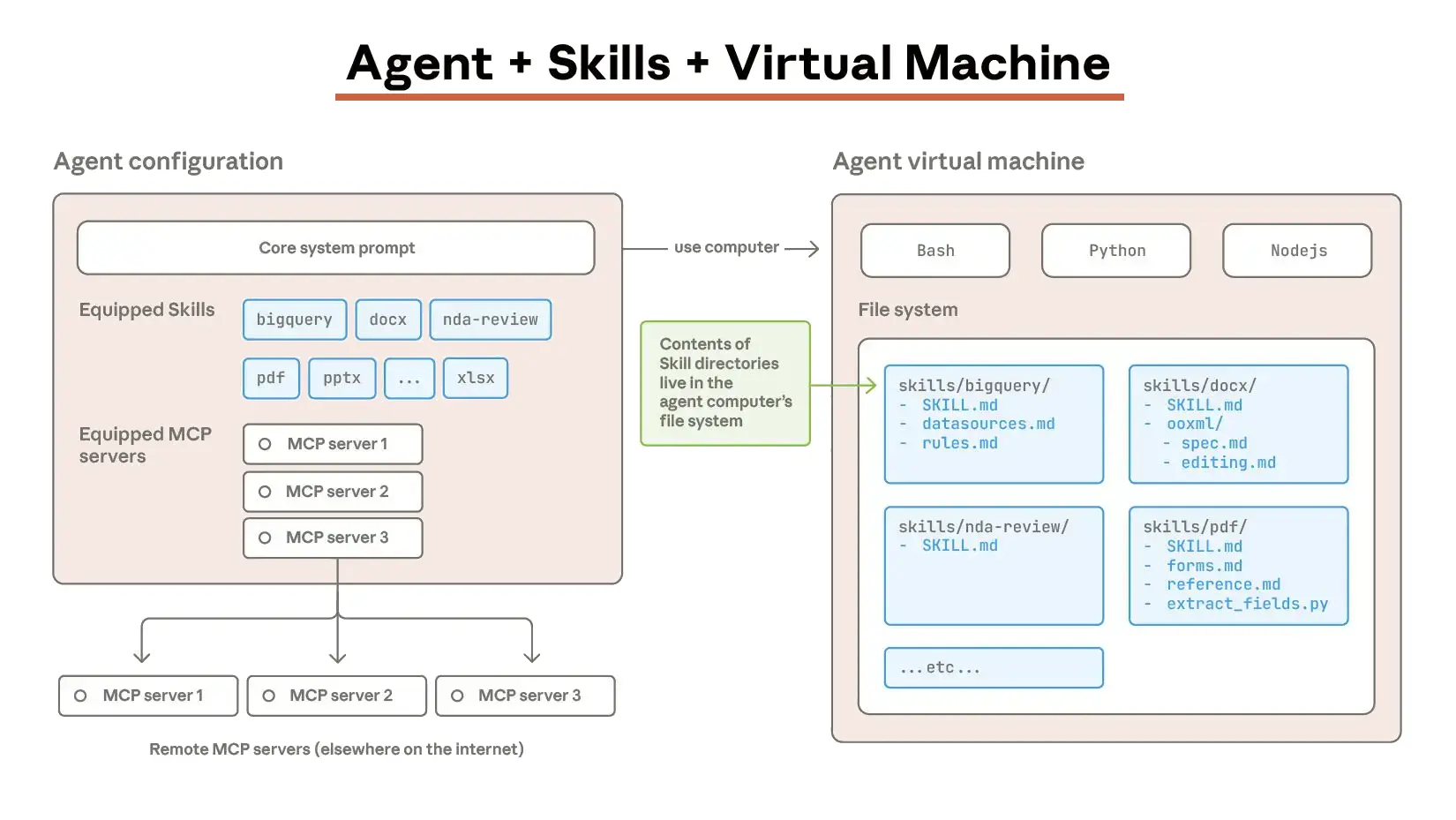In the complex healthcare ecosystem, prior authorization remains a critical, yet time-intensive process that affects both providers and patients. As payers and providers aim to streamline their workflows and reduce administrative burdens, the adoption of modern standards like Fast Healthcare Interoperability Resources (FHIR) has become a game changer. However, integrating FHIR into existing systems is a challenging endeavor that requires specialized expertise, careful compliance with regulatory frameworks, and robust technical execution.
Outsourced FHIR integration offers healthcare organizations a powerful way to accelerate prior authorization transformation. By partnering with external experts who combine deep healthcare domain knowledge and technical mastery, payers and providers can rapidly develop and deploy interoperable solutions that enhance efficiency, improve patient outcomes, and reduce costs. TechKraft, through its extensive experience working with healthcare clients, exemplifies how an outsourced model can deliver scalable, secure, and compliant FHIR implementations that transform prior authorization processes.
Understanding the Prior Authorization Challenge
Prior authorization is a necessary step in many healthcare workflows whereby payers require providers to obtain approval before delivering certain services or medications. This process exists to control costs and ensure appropriate care, but it often leads to delays in treatment, increased administrative overhead, and provider frustration.
Traditionally, prior authorization workflows involve manual form submissions, faxing, phone calls, and multiple points of verification across disparate systems. The lack of streamlined communication and standardized data exchange contributes to slow approvals, missed information, and wasted resources. Consequently, prior authorization has become a cumbersome bottleneck for payers and providers alike.
Modernizing prior authorization involves replacing these manual and siloed mechanisms with automated, interoperable workflows. FHIR integration plays a pivotal role by enabling real-time, standards-based data exchange across care teams, payers, and patients.
What Is FHIR Integration and Why It Matters
Fast Healthcare Interoperability Resources (FHIR) is a modern interoperability standard developed by Health Level Seven International (HL7) designed to simplify and accelerate the exchange of healthcare data. Using standardized APIs and data formats based on the representational state transfer (REST) architecture, FHIR facilitates seamless sharing of clinical and administrative data across systems including those that were previously non-communicative.
FHIR provides several key benefits for prior authorization:
- Real-Time Data Access: Enables instant query and exchange of patient clinical information and authorization status.
- Improved Data Accuracy: Standardized formats reduce errors from manual entry and data translation.
- Automated Workflows: Supports automation of prior authorization requests and responses.
- Greater Transparency: Patients and providers can track the status of authorization requests digitally.
- Regulatory Alignment: Helps organizations comply with mandates such as the 21st Century Cures Act, which requires increased interoperability and patient access.
Despite these benefits, implementing FHIR integration is not trivial. It requires specialized developers with healthcare interoperability expertise, deep understanding of the FHIR standard versions, experience with relevant APIs, and attention to HIPAA and regulatory compliance.
Why Outsource FHIR Integration?
Many organizations hesitate to build FHIR integration capabilities internally due to the complexity, resource constraints, and compliance risks involved. Outsourcing FHIR integration to a trusted partner offers several advantages:
Speed to Market
External teams with proven experience accelerate the development lifecycle. They bring reusable frameworks, integration toolkits, and demonstrated best practices to navigate the interoperability landscape quickly. This reduces time-to-value and enables healthcare organizations to start realizing benefits sooner.
Access to Specialized Talent
FHIR integration requires not only technical skills but also deep domain knowledge of healthcare workflows, payer-provider interactions, clinical terminologies, and compliance requirements. Outsourcing connects organizations to offshore or nearshore talent pools experienced in healthcare interoperability, avoiding the challenges of hiring scarce expertise internally.
Cost Efficiency
Building an internal FHIR integration team demands significant upfront investment in recruiting, training, tooling, and process development. An outsourced model, especially leveraging strategic offshore hubs, can lower costs while maintaining high quality and compliance standards.
Compliance and Security
Trusted FHIR integration partners understand the strict regulatory frameworks impacting healthcare data, including HIPAA, GDPR (where applicable), and audit requirements. They incorporate security best practices such as secure data transmission, access controls, and audit logging from the outset, mitigating risks.
Scalability and Flexibility
Outsourcing allows healthcare organizations to rapidly scale integration efforts as priorities evolve. Whether building new interfaces or enhancing existing systems, external teams can flex to meet changing business demands without long-term commitments.
TechKraft’s Approach to Outsourced FHIR Integration
TechKraft brings extensive healthcare domain expertise combined with proven offshore delivery capabilities to support payer and provider organizations in accelerating their prior authorization transformation journeys.
The company’s approach to FHIR integration includes:
- Workflow analysis to align FHIR strategies with payer-provider needs
- Development of FHIR-compliant APIs (e.g., Patient, Coverage, Prior Authorization resources)
- Seamless integration with EHRs, payer systems, and third-party platforms
- Automated validation, testing, and deployment
- Strict implementation of HIPAA and ISO 27001-compliant controls
How This Powers Prior Authorization Transformation
FHIR integration enables next-generation PA workflows:
- Enabling providers to submit authorization requests electronically with real-time clinical data checks.
- Automating payer adjudication workflows to reduce manual review and turnaround times.
- Providing dashboards and notification systems for providers and patients to track authorization status.
- Integrating clinical decision support tools that verify appropriateness based on payer policies and evidence-based guidelines.
TechKraft’s BOT model ensures clients receive not only completed, compliant solutions but also mature teams trained in proprietary systems and healthcare processes. This phased transfer of knowledge and operational control minimizes risks and builds long-term sustainability.
Realizing Business Value with Outsourced FHIR Integration
Organizations engaging TechKraft for outsourced FHIR integration benefit from:
- Significantly reduced prior authorization cycle times, often measured in days or weeks, now reduced to hours or minutes.
- Improved provider satisfaction and reduced claim denials through faster approvals and accurate clinical data exchange.
- Enhanced patient experience due to transparency and expedited care delivery.
- Stronger compliance posture through built-in audit and security controls.
- Greater agility to meet evolving data-sharing regulations and payer requirements.
Case Example: TechKraft and Abacus Insights
TechKraft’s partnership with Abacus Insights demonstrates its ability to deliver complex healthcare data integrations at scale. Although the focus was on health data pipelines and analytics, many principles apply to FHIR integration projects—such as strict adherence to compliance, modular architecture, and robust governance.
TechKraft scaled Abacus Insights from a 10-member offshore data team to over 85 specialists delivering audit-ready, HIPAA-compliant data solutions. These success factors translate directly into efficient FHIR integration efforts, positioning clients for scalable interoperability and rapid prior authorization transformation.
Best Practices for Successful Outsourced FHIR Integration

- Define Clear Objectives: Align integration goals with business requirements and clinical workflows.
- Choose Experienced Partners: Evaluate provider expertise specifically in healthcare interoperability and compliance.
- Adopt Agile Delivery: Use iterative development to rapidly deliver and refine integration capabilities.
- Prioritize Security: Embed privacy and security controls throughout the integration lifecycle.
- Plan for Knowledge Transfer: Ensure smooth handover through documentation, training, and shared ownership models.
- Leverage Cloud Infrastructure: opt for scalable platforms that support elasticity, resilience, and security.
Final Thoughts
Prior authorization transformation is a strategic imperative for payers and providers seeking to reduce administrative burden, enhance efficiency, and improve patient outcomes. FHIR integration is at the heart of this transformation but demands specialized expertise and compliance rigor.
TechKraft’s proven approach to outsourced FHIR integration, coupled with its trusted BOT delivery model, has already empowered leading healthcare organizations to modernize workflows, scale securely, and comply confidently.
Partner with TechKraft to accelerate interoperability and transform prior authorization with a faster, safer, and more effective approach tailored for healthcare payers and providers.



